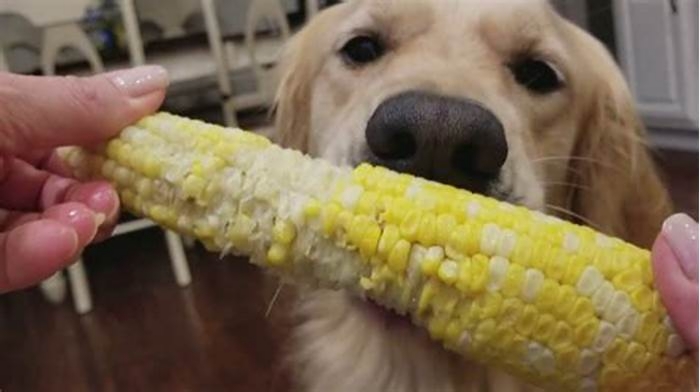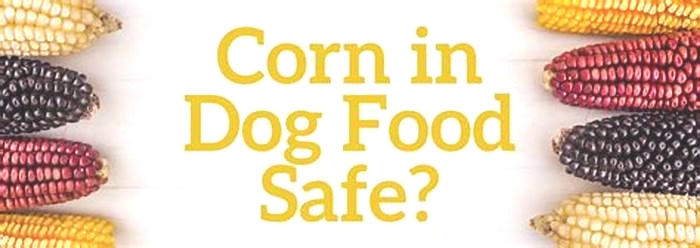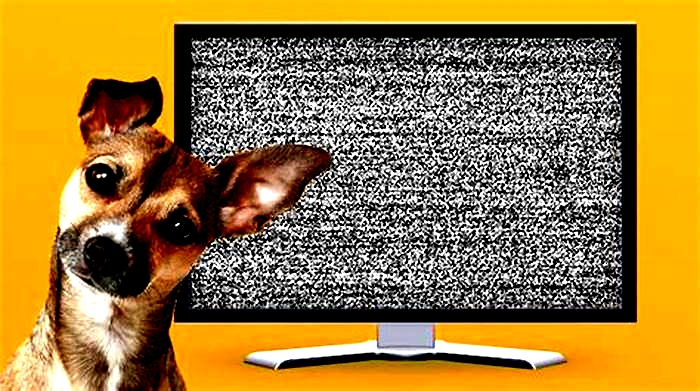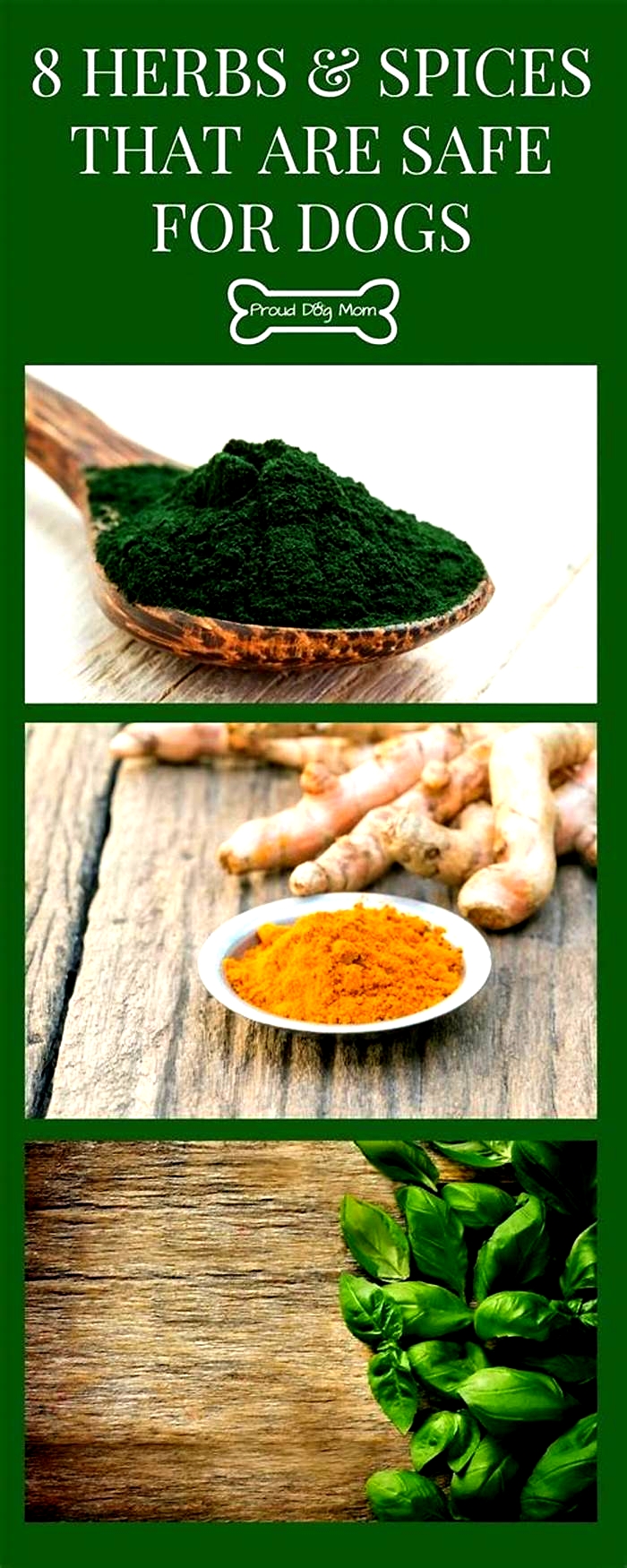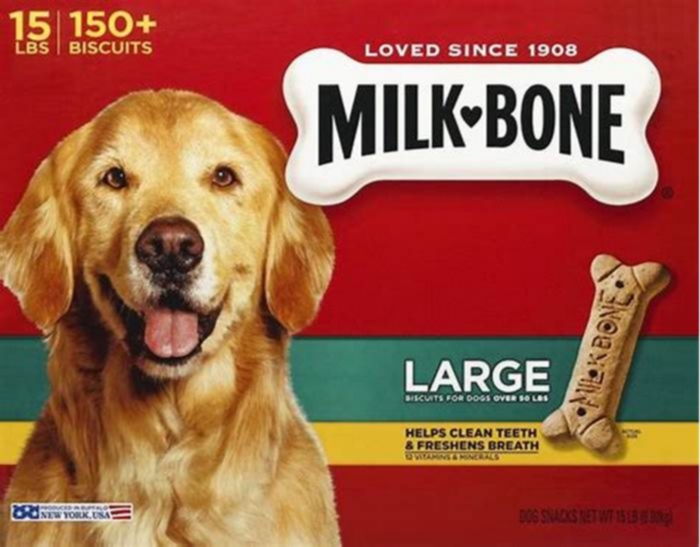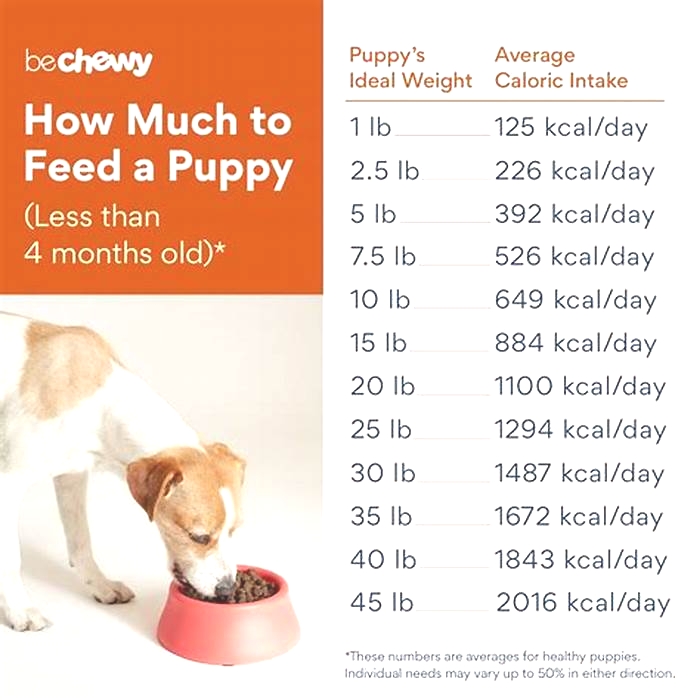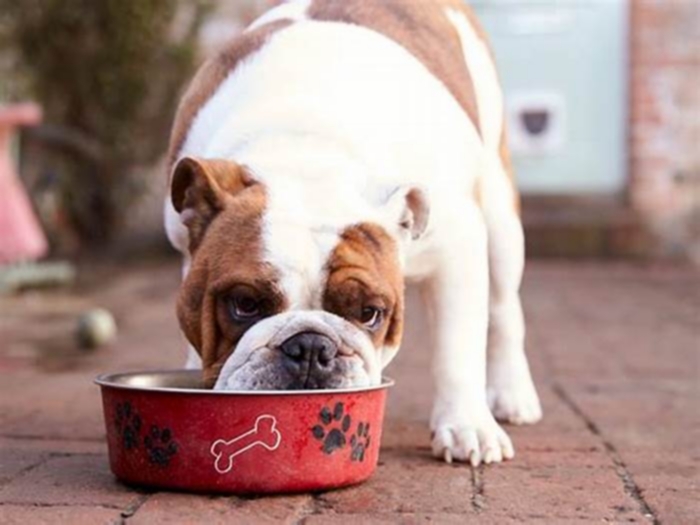Is corn bad for dogs
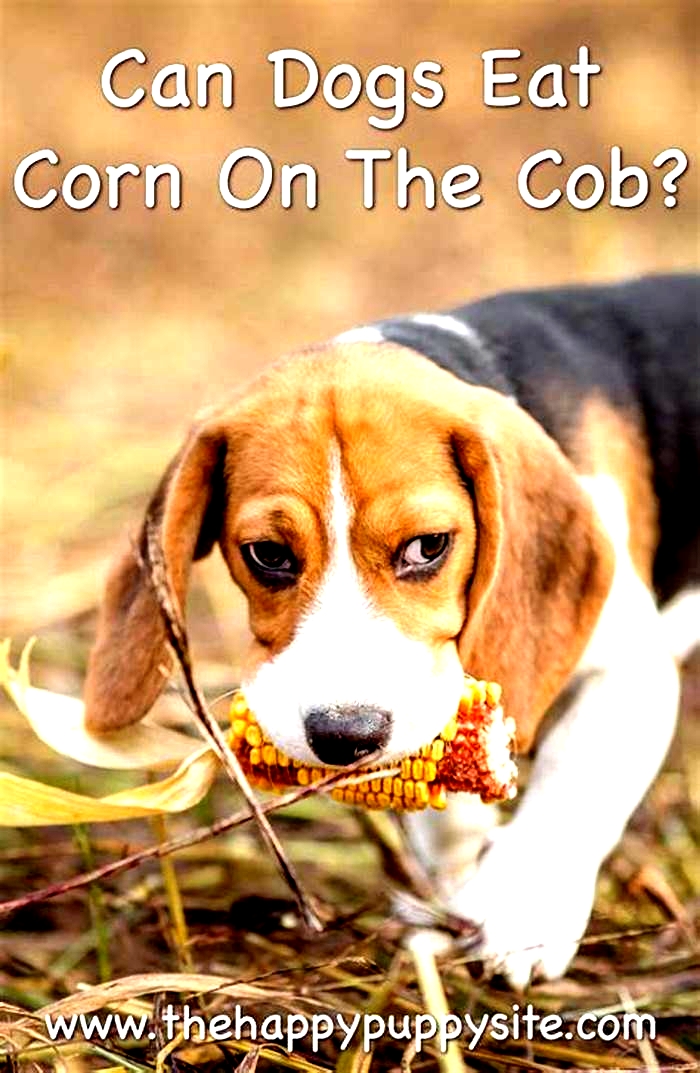
Can Dogs Eat Corn? Here's Everything You Need to Know
Pro tip: If you suspect your dog has swallowed something they shouldnt, such as corn cob, be sure to contact your vet right away. GI obstruction procedures are expensive and sometimes reach up to $3,000! Signing up for pet insurance can protect you and your four-legged friend should an accident like this happen.
Table of Content
Benefits of corn for dogs
Corn is not toxic to dogs and a small quantity wont harm your pooch. Studies have shown that corn is easily digestible and is usually the second choice behind rice for foods designed for canines.
Corn is one of the most widely-used grains in the world and, depending on the type, it might be a good source of the following nutrients:
- Easily digestible carbs, which serve as an energy source for your furry friend.
- Protein and amino acids, which are vital for maintaining healthy skin, hair, and muscles.
- Antioxidants like beta-carotene and vitamin E, which help support the immune system.
- Linoleic acid, an omega-6 fatty acid that canines cant produce on their own. It is crucial for helping your pooch grow and maintain a healthy immune system, coat, and skin.
- Dietary fiber, which promotes gut health and motility.
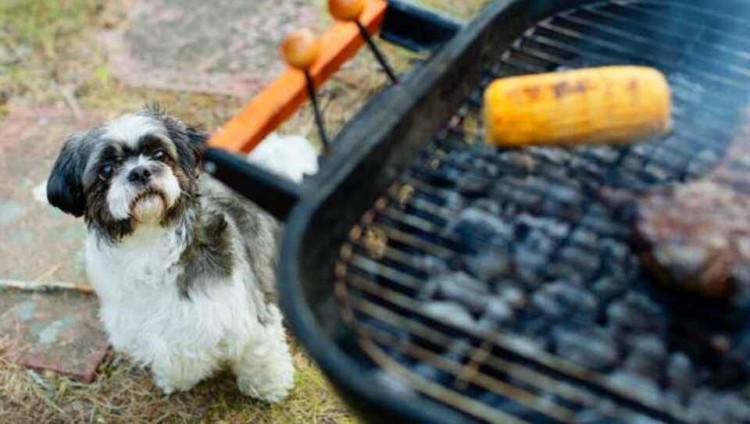 (Image source: The Spruce Pets)
(Image source: The Spruce Pets)
Is corn bad for dogs?
In general, corn is safe for pups and can be part of a well-balanced diet. However, it should only be served in moderate quantities. Generally speaking, treats should not make up more than 10% of your pups diet and too much human food might make your pets diet inadequate to their nutritional needs or contribute to weight gain.
Although very rare, some pups suffer from corn allergies as a result of an overactive immune system to the product. Symptoms of corn allergy in dogs include:
- Diarrhea
- Vomiting
- Itching
- Skin irritation
- Abdominal cramping
- Hives
- Obsessive licking
- Biting of the paws
If your pet is exhibiting any of these symptoms, be sure to make an appointment with your vet. Theres a number of conditions that might cause similar clinical signs as a food allergy, so the vet will need to run some tests to rule out any illnesses.
If the vet suspects a food allergy, they will provide you with instructions on how to determine which specific food item is causing your pet distress. They might also suggest an elimination diet, which youll need to follow very closely.
If your dog is allergic to corn, youll need to do research on dog foods that dont contain corn and corn products. It is much more common for your pet to be allergic to the protein source in their food than to the other components like corn or rice.
Can dogs eat corn cobs?
Many pups like to chew on corn cobs but unfortunately, they might swallow a big piece of cob, which can be a choking hazard or cause gastrointestinal obstruction or injury. Corn cobs dont completely break down in a pup's stomach and their size is often too big to pass through the GI tract. The risk of GI obstruction is highest in smaller and medium-sized breeds, although big canines can be affected as well.
Most pups with gastrointestinal injury or obstruction will show the following symptoms:
- Vomiting
- Diarrhea
- Lethargy
- Heaving
- Abdominal discomfort
- Loss of appetite
- Tarry stool
- Constipation
If you suspect your canine companion has eaten a corn cob, call your vet. The signs of a gastrointestinal obstruction can be similar to the signs of other health conditions. If your pooch starts showing symptoms of illness, take them to the nearest vet office immediately.
Pro tip: GI obstruction is an emergency situation and the cost of surgery is expensive. The good news is most pet insurance companies will pay for treatment and surgery. You can get insurance quotes and sign up quickly online.
Do not try to induce vomiting in your furry pal unless youve been advised to do so by your vet. Inducing vomiting can cause further damage to your pets esophagus and stomach.
So, how can you make sure your dog doesnt get their teeth on corn cobs? Some pups wont hesitate to go through the trash looking for tasty treats. For that reason, you should avoid leaving corn cobs in a trash can that your pet has access to. Instead, dispose of them in the outside trash can thats out of their reach.
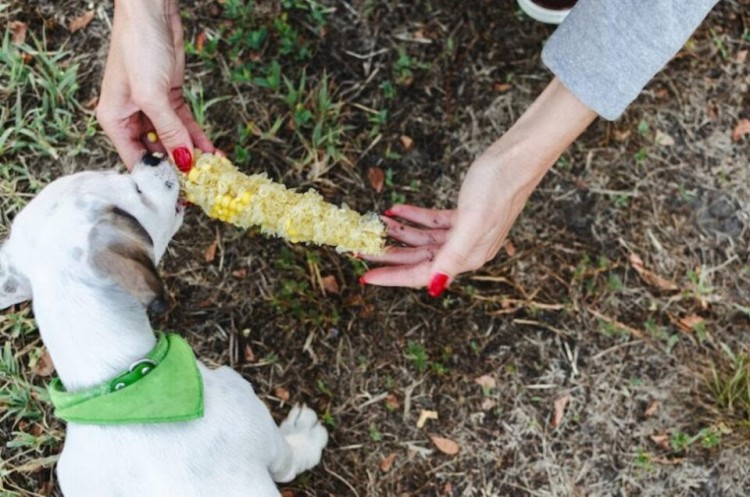 (Image source: Dogster)
(Image source: Dogster)
Can dogs eat corn kernels?
Corn kernels are small, which means theres no risk of choking and your dog can safely consume them. Be sure that the kernels are served plain, without any butter, salt, mayonnaise, or other fatty flavor enhancers. A bit of fat is fine, but too much fat and salt can lead to stomach issues and obesity.
Can dogs eat popcorn?
Popcorn can be a fun and tasty treat for your four-legged companion, as long as you serve it unbuttered and unsalted. Plain popcorn is rich in dietary fiber, as well as carbs which give extra energy. Avoid serving flavored and pre-packed popcorn, which contain lots of artificial flavors, oils, and sodium.
When making the popcorn yourself, remove all the kernels that dont completely pop as these can cause stomach upset in your dog. You should also be aware that popcorn that gets stuck between your pups teeth might cause gum disease or teeth decay.
Can dogs eat sweet corn?
Sweet corn is picked at a more immature stage than regular corn and has high sugar content. In addition, this type of corn is quite starchy and difficult to digest. That being said, sweet corn is not dangerous provided it is given in small amounts and as an occasional treat.
Can dogs eat canned corn?
Canned corn consists of kernels taken off the corn cob, so it's safe for canine consumption. Just remember not to give your pooch too much of it.
Can dogs eat cornflour?
Cornflour is used as a thickener in some dog foods, so you can safely add it to your dogs meals. Cornflour doesnt add much in nutritional value but can be useful if your pet eats only gluten-free meals or if you want to prepare your own treats.
Can Dogs Eat Corn?
NOTE: Always check with your veterinarian first before giving your dog any new foods, especially people foods. What might be okay for one dog might not be good for your dog, depending on multiple factors, such as their age, health history, health conditions, and diet. Dogs on prescription diets should not be fed any foods or treats outside of the diet.
Dogs usually arent picky when begging for table scraps, whether that be shrimp, cucumbers, or corn. But can dogs eat corn?
Corn is not toxic to dogsin fact, it actually offers numerous health benefits. But there are some potential dangers in feeding corn to your dog, so its important to know how to give them this tasty snack safely.
Is Corn Good for Dogs?
Raw corn and cooked corn are safe for dogs to eat, in small portions, in moderation, and always off the cob. Frozen corn can be a fun, crunchy food topper for dogsjust make sure to watch them as they eat it to ensure they dont choke.
Corn is a good source of protein, antioxidants, carbohydrates, linoleic acid, fat, and fiber. This veggie is rich with vitamins and minerals, including vitamins C, B, E, and K, magnesium, and potassium.
And any corn fed to your dog should always be completely plainno butter, salt, or other ingredients. The high fat content of butter can lead to pancreatitis and obesity, and too much salt can cause salt poisoning in dogs.
If the corn has been cooked with onions or garlic, do not feed it to your dog. Both are toxic to dogs.
Can Dogs Eat Corncobs or Husks?
One of the most important things to remember when feeding corn to your dog is that it must be off the cob. Corncobs and corn husks will easily become a choking hazard or cause an intestinal blockage in dogs.
If you think your dog ate a corncob, watch for the following symptoms:
Dehydration
Lethargy
Reduced activity
Repeated vomiting
Loss of appetite
Diarrhea
If you notice any of these symptoms, or if you saw your dog eat the corncob or corn husks, take them to a veterinarian immediately.
Can Dogs Eat Canned Corn?
Canned corn is not a good option for dogs because of its ultra-high sodium level. Remember: Large amounts of sodium are very unhealthy for dogs and can lead to salt poisoning.
Signs of salt poisoning in dogs are:
If you notice any of these symptoms in your dog, contact your veterinarian immediately.
Can Dogs Eat Corn Tortillas?
Corn tortillas are typically high in sodium. Therefore, they should not be given to your dog as a treat. But if your dog ate only a small piece, it shouldnt be a concern.
Can Dogs Eat Corn Chips?
Corn chips are also very high in sodium and often contain various preservatives and/or other chemical ingredients that arent healthy for your dog.
Can Dogs Eat Popcorn?
Dogs can safely eat popcornin moderation and in small amountsas long as its air-popped, completely plain, and free of unpopped kernels. Just remember that the butter, oils, and salts we usually put on our popcorn arent healthy for dogs.
Can Dogs Eat Corn Muffins or Cornbread?
Corn muffins and cornbread are not safe treats to feed your dog. Not only do they contain copious amounts of butter and salt, but they also contain sugar, which isnt healthy for your pup to eat.
If you accidentally drop a small piece on the floor and your dog scarfs it up, they should be fine. But eating large amounts of cornbread, or eating it repeatedly over time, will cause numerous health issues.
Can Dogs Be Allergic to Corn?
Yes, dogs can be allergic to corn, but most are not. In fact, corn is much less of a food allergy concern than other foods, like beef or dairy.
How to Safely Feed Corn to Dogs
If you want to feed some corn to your pup as a little treat or food topper, make sure its completely plain, not from a can, and off the cob.Treats of any kind should only make up 10% of your dogs diet. The other 90% should come from a well-balanced dog food.
Featured Image: iStock/M_a_y_a
Can Dogs Eat Corn? Vet-Reviewed Feeding Facts
The information is current and up-to-date in accordance with the latest veterinarian research.
Learn moreCorn is a ubiquitous ingredient that shows up in all sorts of things, including dog food. This makes many people believe that corn is completely safe for dogs. Most of the time, that is true. Corn is safe for dogs as long as it is off the cob and without any additional ingredients. But corn on the cob and additional ingredients like butter and seasonings can lead to serious health conditions. This is a very important distinction that needs to be understood in order to keep your dog safe and healthy.
This brief guide will go over the kinds of corn that dogs can eat, how best to feed corn to your dog, the nutritional benefits of corn, and the dangers of corn cobs for canines. By the end, you will have a more complete understanding of the safety and dangers of feeding corn to dogs.

Can Dogs Eat Corn?
Yes, dogs can eat corn. Not only are dogs able to safely eat most types of corn, but corn is also a primary ingredient in many dog foods. It is used as a nutrient source and filler in both natural and processed dog foods due to its high volume, affordability, and health benefits.
You may have come across corn allergies in dogs, but the truth is that dogs that are truly allergic to corn are very rare. However, if you are feeding corn to your dog and notice that they are developing itchy or flakey skin or digestive issues, they could be sensitive to corn. In that case, you want to avoid corn and find a different grain to feed your dog. While theres no doubt there are a few dogs that cant handle corn, the majority of them can eat it without any issues. If you have any questions about food allergies in dogs, speak with your veterinarian.
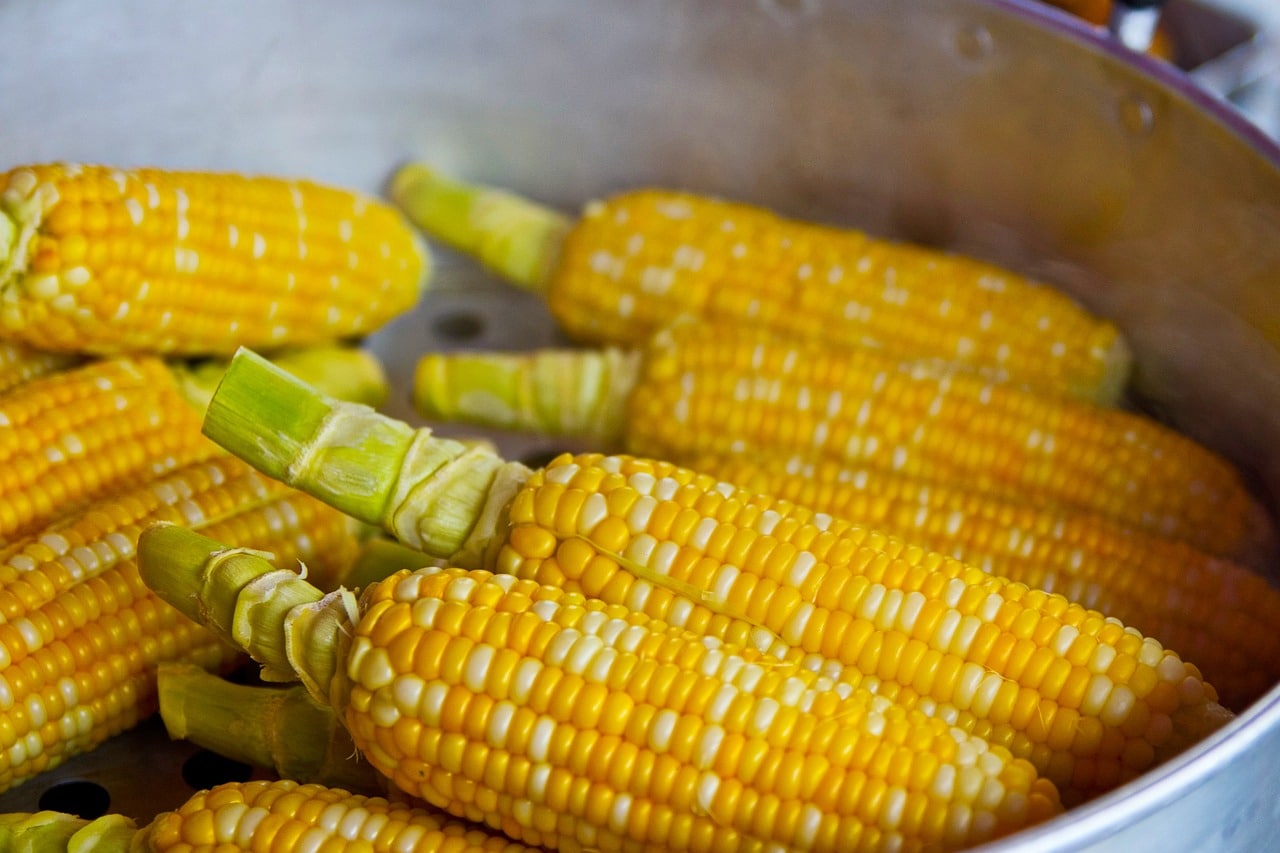
Corn That Is Safe for Dogs
Dogs can eat a variety of different types of corn including whole corn, cooked corn, raw corn, and even frozen corn in moderation. The type of corn that dogs cannot eat is corn on the cob. (That said, dogs can eat corn off the cob as long as you prepare it properly.) Youll also want to avoid creamed corn or canned corn, as the additional ingredients can be unhealthy for them.
Popcorn is also safe for dogs, as long as you limit their exposure to the kernels and ensure that the popcorn is unflavored. Popcorn can make for a simple and safe snack or treat as long as it is fed in moderation.
Safe Corn for Dogs
How Best to Feed Corn to Your Dog
You do not want to give your dog any corn that has been seasoned or slathered in butter. Many people like to put salt, pepper, and butter on their corn, but you should not let your dog eat corn that has been flavored with these kinds of things. Only feed your dog plain corn, no matter the kind.
You should also feed corn in moderation. As mentioned, many dogs already get a good amount of corn in their diet from their regular dog food. You do not want to give your dog too much corn, as it is high in starch, and eating too much can lead to an unbalanced diet. You can feed corn in moderation or in a supplementary role.
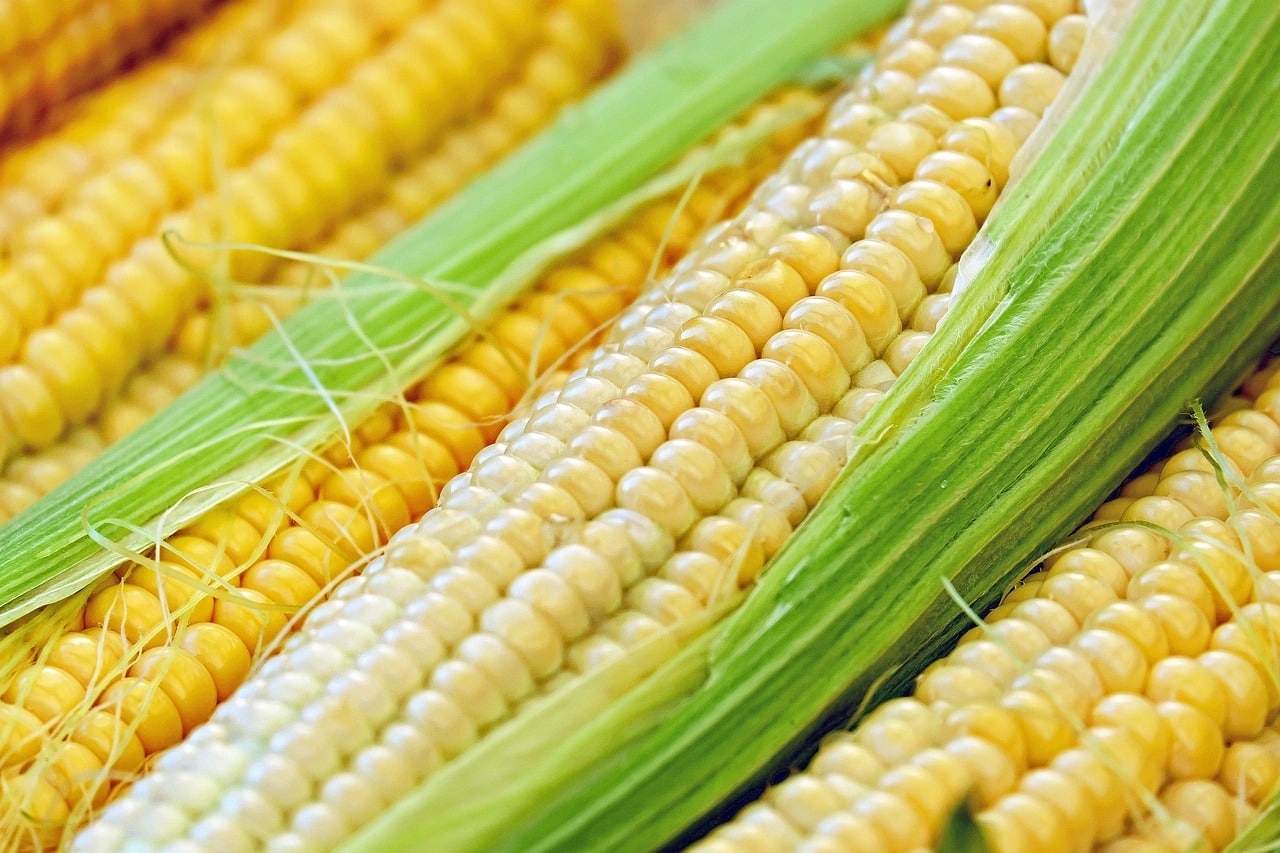
Health Benefits of Corn for Dogs
Not only is corn safe for dogs, but it also has a variety of health benefits. Corn is chock full of beneficial nutrients.
Health Benefits of Corn for Dogs
- Protein
- Carbohydrates
- Linoleic acid
- Antioxidants
- Fiber
- Vitamins
When fed safely and in moderation, dogs can get all of these benefits from corn.
Never Let Your Dog Have a Corn Cob
The biggest caveat when it comes to corn for dogs is corn on the cob. While corn kernels are completely safe for dogs, corn cobs can be extremely dangerous. Since they are covered in corn, many dogs like to chew on the cobs. However, if a dog swallows a whole or a piece of a corn cob, it can be dangerous because it can become an obstruction.
An obstruction in the stomach or intestines is a serious medical condition. It can lead to abdominal pain and vomiting and damage the stomach or intestines. In some cases, a blockage requires surgery to correct, and if surgery is not pursued, the blockage can lead to the death of your dog.
For these reasons, you should never ever let your dog have a corn cob. The results could be dangerous and damaging.
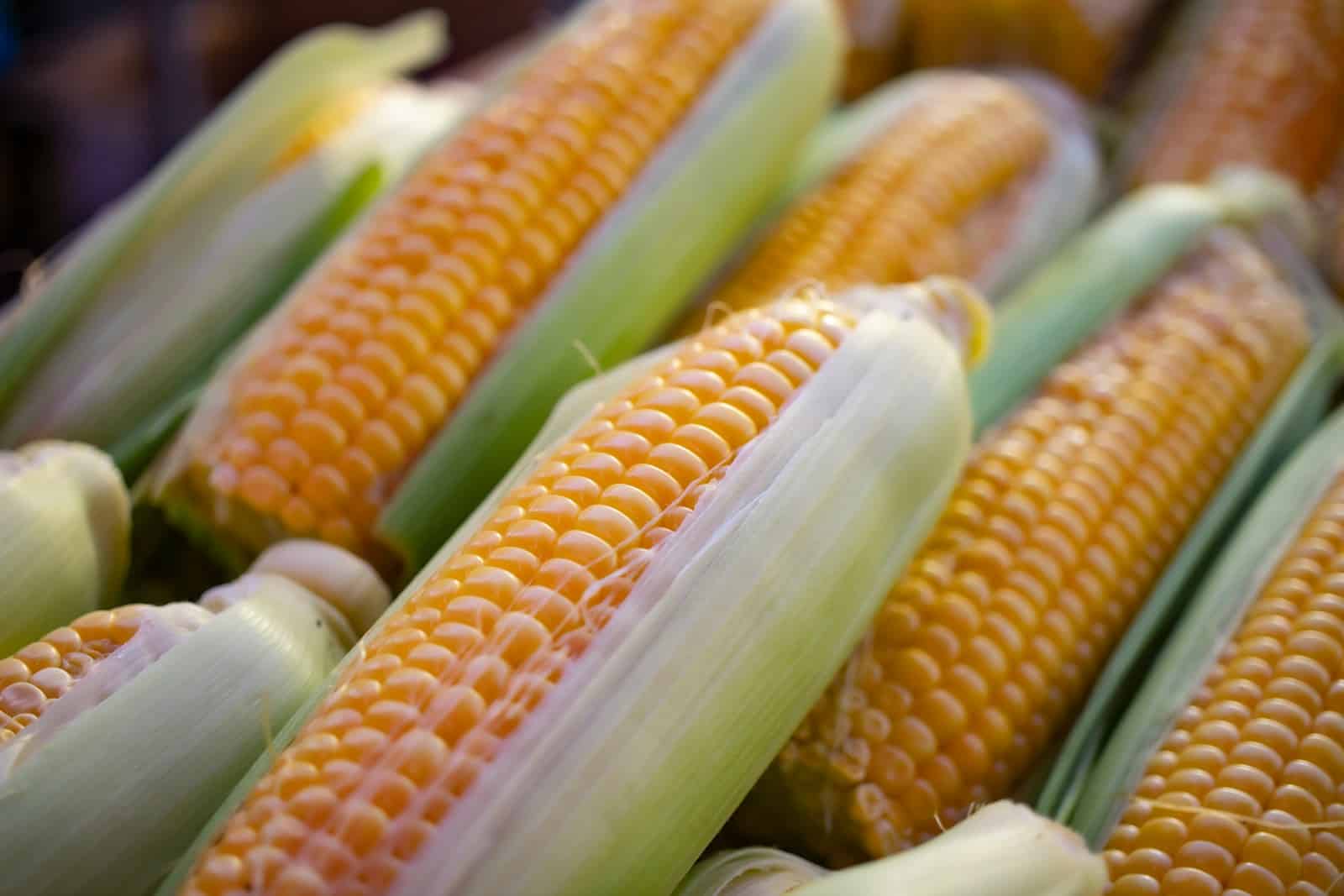

Conclusion
Corn is safe for dogs as long as it is prepared and fed properly. It should only be given to dogs when it is unflavored and in moderation. You should never feed a corn cob to your dog, as it can be highly dangerous, potentially leading to an obstruction in the digestive tract. Instead, stick with plain corn kernels that are raw, cooked, or frozen.
See also:
Featured Image Credit: NEOSiAM 2024+, Pexel

